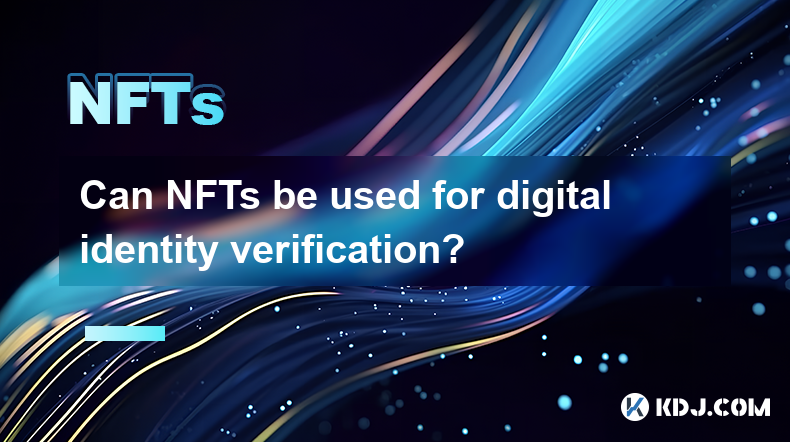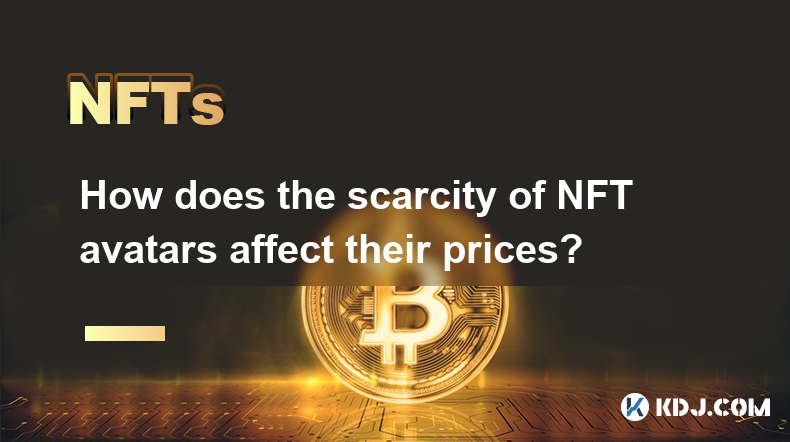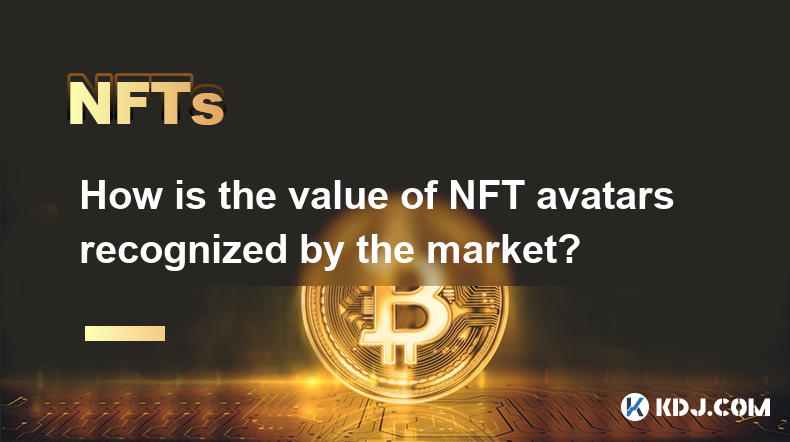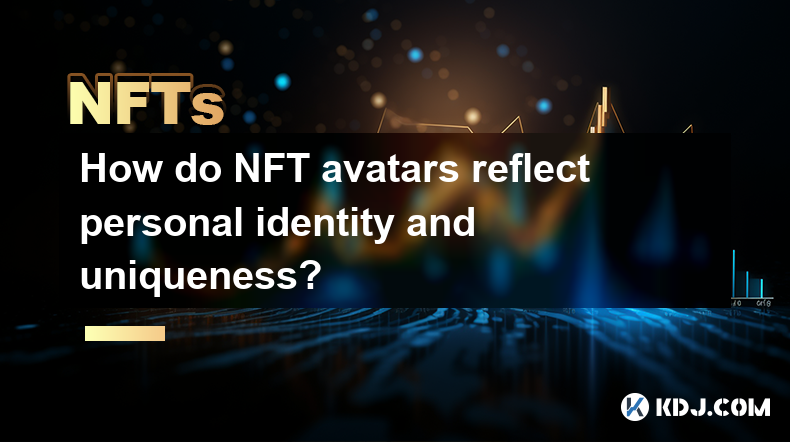-
 Bitcoin
Bitcoin $82,373.9697
-3.36% -
 Ethereum
Ethereum $1,851.6745
-2.19% -
 Tether USDt
Tether USDt $0.9995
-0.01% -
 XRP
XRP $2.1068
-5.67% -
 BNB
BNB $604.3688
-4.21% -
 Solana
Solana $125.7138
-4.63% -
 USDC
USDC $1.0000
0.01% -
 Dogecoin
Dogecoin $0.1713
-5.80% -
 Cardano
Cardano $0.6723
-4.55% -
 TRON
TRON $0.2343
1.95% -
 Toncoin
Toncoin $3.6885
-8.69% -
 Chainlink
Chainlink $13.7038
-4.56% -
 UNUS SED LEO
UNUS SED LEO $9.5887
-1.08% -
 Avalanche
Avalanche $20.0178
-2.55% -
 Stellar
Stellar $0.2684
-2.91% -
 Shiba Inu
Shiba Inu $0.0...01276
-4.74% -
 Sui
Sui $2.3137
-9.11% -
 Hedera
Hedera $0.1708
-7.54% -
 Litecoin
Litecoin $86.3372
-2.01% -
 Polkadot
Polkadot $4.0851
-4.64% -
 MANTRA
MANTRA $6.3082
-1.10% -
 Bitcoin Cash
Bitcoin Cash $304.0264
-2.74% -
 Bitget Token
Bitget Token $4.5892
-3.43% -
 Pi
Pi $0.8035
-3.52% -
 Dai
Dai $0.9999
-0.01% -
 Ethena USDe
Ethena USDe $0.9992
0.03% -
 Hyperliquid
Hyperliquid $12.6865
-8.10% -
 Monero
Monero $215.4800
-2.52% -
 Uniswap
Uniswap $6.0913
-2.75% -
 Aptos
Aptos $5.3753
-2.22%
Can NFTs be used for digital identity verification?
NFTs offer unique potential for digital identity, but scalability, interoperability, and regulatory uncertainty hinder widespread adoption. Security and privacy concerns necessitate careful consideration before practical implementation.
Mar 25, 2025 at 05:07 am

Key Points:
- NFTs possess unique characteristics making them potentially suitable for digital identity verification, but significant challenges remain.
- Current limitations include scalability, interoperability, and the lack of standardized regulatory frameworks.
- Several projects are exploring NFT-based identity solutions, focusing on self-sovereign identity and data portability.
- Security and privacy concerns, along with the potential for misuse, need careful consideration.
- The future of NFT-based digital identity hinges on overcoming technical and regulatory hurdles.
Can NFTs be used for digital identity verification?
The question of whether NFTs can be used for digital identity verification is complex. While NFTs offer unique and immutable properties that could theoretically enhance digital identity systems, practical implementation faces significant hurdles. The inherent uniqueness of each NFT, guaranteed by blockchain technology, could be leveraged to represent a verifiable digital identity. However, the technology is still nascent and faces considerable challenges before widespread adoption.
One key aspect is scalability. Current blockchain networks often struggle to handle the large transaction volumes required for a global digital identity system. Processing millions of identity verification requests simultaneously would necessitate significant infrastructural improvements. This limitation impacts the speed and efficiency of verification processes, which are crucial for practical applications.
Another challenge is interoperability. Different NFT platforms and blockchains often lack compatibility. A digital identity stored as an NFT on one platform might not be easily verifiable on another, hindering seamless interaction across various services and systems. This fragmentation limits the potential usefulness of NFT-based identity solutions.
Furthermore, the lack of standardized regulatory frameworks presents a major obstacle. Governments and regulatory bodies are still grappling with the implications of blockchain technology and NFTs. Without clear guidelines and legal frameworks, the widespread adoption of NFT-based digital identities faces considerable uncertainty. This regulatory vacuum also creates security and legal risks for both individuals and organizations involved.
Despite these limitations, several innovative projects are exploring the potential of NFTs for digital identity. These projects often focus on the concept of self-sovereign identity, where individuals have complete control over their data and can selectively share information with different entities. This approach contrasts with centralized identity systems where data is controlled by a single authority. The portability of data stored as NFTs is another significant advantage, allowing individuals to easily transfer their digital identity between different platforms and services.
However, security and privacy concerns remain paramount. The security of an NFT-based identity hinges on the security of the underlying blockchain and the private keys used to access it. A compromised private key could lead to identity theft and unauthorized access to sensitive personal information. Privacy concerns also arise from the immutability of data stored on the blockchain. Once information is recorded, it is difficult, if not impossible, to erase or modify it. This raises questions about the potential for long-term data breaches and the challenges of correcting inaccurate or outdated information.
The potential for misuse is another significant concern. NFTs could be used to create and verify fake or fraudulent identities. Furthermore, the lack of robust verification mechanisms could enable malicious actors to create counterfeit NFTs representing legitimate identities. These issues highlight the need for stringent security protocols and robust verification processes to prevent identity fraud and protect users.
The development of secure and reliable NFT-based identity solutions requires a multi-faceted approach. Technological advancements are needed to improve scalability and interoperability. Clear regulatory frameworks are essential to address legal and security concerns. And finally, robust security protocols and verification mechanisms are crucial to prevent fraud and protect user privacy.
Step-by-step process (hypothetical, current technology doesn't fully support this):
- Identity Creation: An individual could mint an NFT representing their identity, containing verifiable attributes like name, date of birth, and potentially biometric data (hashed for privacy).
- Attribute Verification: Third-party verifiers, possibly regulated entities, could authenticate the information contained within the NFT.
- NFT Issuance: Once verified, the NFT could be issued to the individual, acting as a verifiable digital identity.
- Identity Presentation: The individual could present their NFT to a service provider for verification, granting access to services based on their verified identity.
- Data Update: Mechanisms for updating the NFT with new information, subject to appropriate verification, would be necessary.
Frequently Asked Questions:
Q: Are NFTs currently used for widespread digital identity verification?
A: No, NFT technology is not yet mature enough for widespread use in digital identity verification. While there are experimental projects, significant technical and regulatory challenges remain.
Q: What are the advantages of using NFTs for digital identity?
A: Potential advantages include self-sovereign identity, data portability, and the immutability of identity information on the blockchain.
Q: What are the security risks associated with NFT-based digital identity?
A: Risks include private key compromise leading to identity theft, data breaches, and the potential for creating and using fraudulent NFTs for identity verification.
Q: What regulatory challenges exist for NFT-based digital identity?
A: The lack of standardized regulatory frameworks creates legal uncertainty and poses significant risks for both individuals and organizations involved in NFT-based identity systems.
Q: How can the scalability issues of blockchain be addressed for NFT-based identity?
A: Solutions include utilizing layer-2 scaling solutions, exploring alternative consensus mechanisms, and potentially employing more efficient blockchain designs.
Disclaimer:info@kdj.com
The information provided is not trading advice. kdj.com does not assume any responsibility for any investments made based on the information provided in this article. Cryptocurrencies are highly volatile and it is highly recommended that you invest with caution after thorough research!
If you believe that the content used on this website infringes your copyright, please contact us immediately (info@kdj.com) and we will delete it promptly.
- Bitcoin and crypto prices have dropped back as inflation fears and U.S. president Donald Trump’s tariff threats
- 2025-03-29 20:50:12
- XYZVerse ($XYZ) Project Merges the Worlds of Sports and Crypto, Attracting Significant Investor Interest
- 2025-03-29 20:50:12
- We're Already Looking for the Best Altcoins to Buy After Kip Herriage Pushed for GameStop to Pour $2.5B into Bitcoin
- 2025-03-29 20:45:11
- Bitcoin (BTC) price drops to the $80k range as it continues trading in a downtrend and falls 4%
- 2025-03-29 20:45:11
- Jagruta devi templay
- 2025-03-29 20:40:13
- Mutuum Finance (MUTM) Tokenizes Crypto Lending, Aims to Disrupt the Market
- 2025-03-29 20:40:13
Related knowledge

How does the scarcity of NFT avatars affect their prices?
Mar 25,2025 at 11:07pm
Key Points:Limited Supply: NFT avatar scarcity is directly tied to the fixed supply of a collection. A smaller number of unique avatars inherently increases their value due to higher demand.Demand Dynamics: High demand, fueled by factors like community hype, celebrity endorsements, and utility within a metaverse, significantly inflates prices.Rarity Att...

Can NFT avatars be copied or stolen?
Mar 21,2025 at 06:35am
Key Points:NFTs, by their nature, are unique and verifiable on the blockchain. However, the image associated with an NFT avatar can be copied.Copying an image doesn't grant ownership of the NFT itself. The original NFT and its ownership remain on the blockchain.Theft of an NFT involves gaining unauthorized access to a cryptocurrency wallet holding the N...

What is the creation process of NFT avatars?
Mar 19,2025 at 09:15pm
Key Points:NFT avatar creation begins with a concept and design.Various digital art tools and techniques are employed.Minting the avatar involves choosing a blockchain and marketplace.Metadata is crucial for defining the avatar's attributes.Promotion and marketing are vital for visibility and sales.What is the creation process of NFT avatars?The creatio...

Why do celebrities use NFT avatars as personal identification?
Mar 20,2025 at 07:15pm
Key Points:NFTs offer celebrities a unique and verifiable digital identity, distinct from easily imitated social media profiles.Using NFT avatars allows celebrities to control their online image and branding more effectively.NFT avatars can provide celebrities with new revenue streams through sales, licensing, and community building.The use of NFT avata...

How is the value of NFT avatars recognized by the market?
Mar 21,2025 at 05:49am
Key Points:NFT avatar value is subjective and influenced by various factors, lacking a universally accepted valuation metric.Rarity, provenance, utility, community engagement, and the project's overall success significantly impact an avatar's value.Market demand, driven by trends, hype, and influencer adoption, plays a crucial role in price fluctuations...

How do NFT avatars reflect personal identity and uniqueness?
Mar 21,2025 at 12:00pm
Key Points:NFT avatars are unique digital representations, verifiable on the blockchain, offering a distinct online identity.Ownership and scarcity drive the value and perceived uniqueness of NFT avatars, reflecting personal investment and commitment.Customization options, from initial design to in-game attributes, allow for expression of individuality....

How does the scarcity of NFT avatars affect their prices?
Mar 25,2025 at 11:07pm
Key Points:Limited Supply: NFT avatar scarcity is directly tied to the fixed supply of a collection. A smaller number of unique avatars inherently increases their value due to higher demand.Demand Dynamics: High demand, fueled by factors like community hype, celebrity endorsements, and utility within a metaverse, significantly inflates prices.Rarity Att...

Can NFT avatars be copied or stolen?
Mar 21,2025 at 06:35am
Key Points:NFTs, by their nature, are unique and verifiable on the blockchain. However, the image associated with an NFT avatar can be copied.Copying an image doesn't grant ownership of the NFT itself. The original NFT and its ownership remain on the blockchain.Theft of an NFT involves gaining unauthorized access to a cryptocurrency wallet holding the N...

What is the creation process of NFT avatars?
Mar 19,2025 at 09:15pm
Key Points:NFT avatar creation begins with a concept and design.Various digital art tools and techniques are employed.Minting the avatar involves choosing a blockchain and marketplace.Metadata is crucial for defining the avatar's attributes.Promotion and marketing are vital for visibility and sales.What is the creation process of NFT avatars?The creatio...

Why do celebrities use NFT avatars as personal identification?
Mar 20,2025 at 07:15pm
Key Points:NFTs offer celebrities a unique and verifiable digital identity, distinct from easily imitated social media profiles.Using NFT avatars allows celebrities to control their online image and branding more effectively.NFT avatars can provide celebrities with new revenue streams through sales, licensing, and community building.The use of NFT avata...

How is the value of NFT avatars recognized by the market?
Mar 21,2025 at 05:49am
Key Points:NFT avatar value is subjective and influenced by various factors, lacking a universally accepted valuation metric.Rarity, provenance, utility, community engagement, and the project's overall success significantly impact an avatar's value.Market demand, driven by trends, hype, and influencer adoption, plays a crucial role in price fluctuations...

How do NFT avatars reflect personal identity and uniqueness?
Mar 21,2025 at 12:00pm
Key Points:NFT avatars are unique digital representations, verifiable on the blockchain, offering a distinct online identity.Ownership and scarcity drive the value and perceived uniqueness of NFT avatars, reflecting personal investment and commitment.Customization options, from initial design to in-game attributes, allow for expression of individuality....
See all articles






















































































